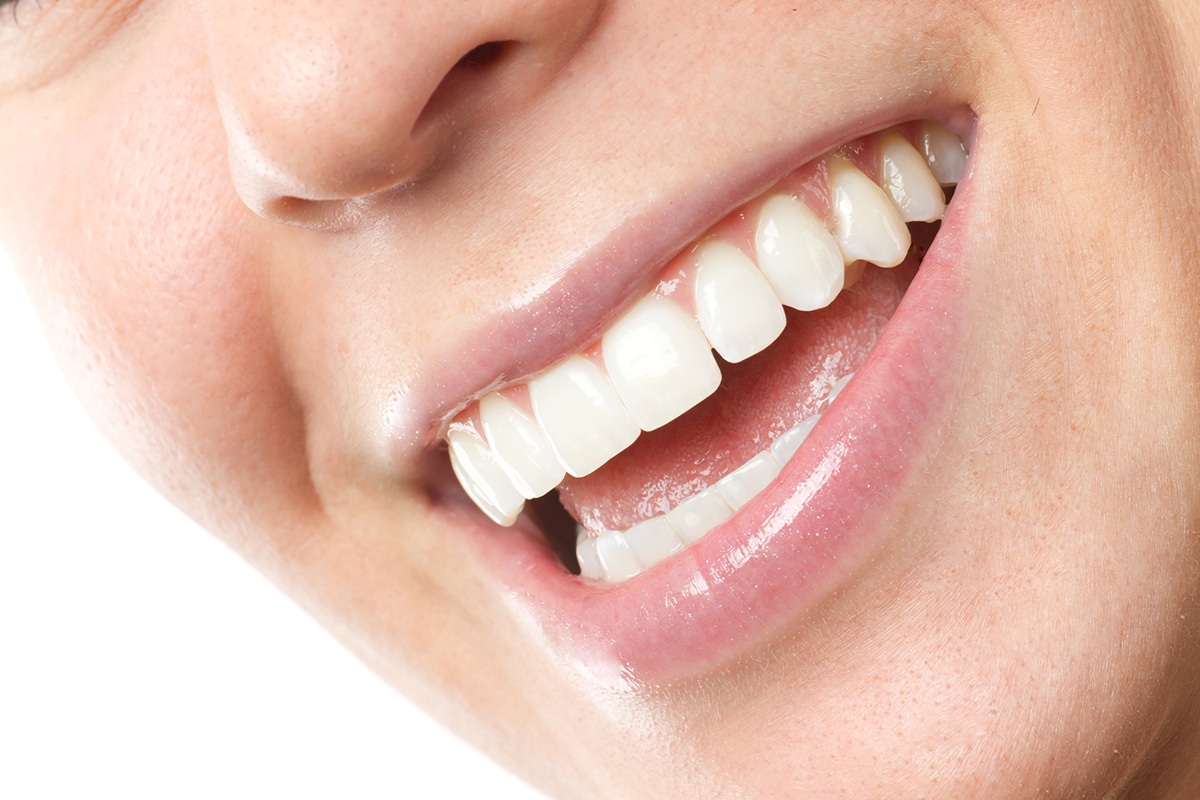
Are Veneers Permanent? What You Need to Know
When it comes to cosmetic dentistry, few treatments are as transformative as dental veneers. Veneers can improve the colour, shape, size, and overall appearance of your teeth, creating a natural-looking, confident smile.
But one of the most common questions patients ask is: “Are veneers permanent?”
The answer is that veneers are a long-term solution — designed to last many years, but not forever. Understanding the process, materials, and care involved is important before deciding if veneers are right for you.
What Are Veneers Made From?
Veneers are thin, custom-made shells that are bonded to the front of your teeth. The two main types are:
- Porcelain Veneers – Durable, stain-resistant, and highly natural-looking.
- Composite Veneers – A quicker, more affordable option applied directly to teeth.
- No-Prep Veneers – Ultra-thin shells that may require little or no enamel removal.
Each type has its own advantages depending on your goals, lifestyle, and budget.
How Long Do Veneers Last?
Veneers aren’t considered “permanent,” but they are built to last. With proper care:
- Porcelain veneers typically last 10–15 years or more.
- Composite veneers usually last 5–7 years.
Porcelain tends to be the preferred option for those wanting a longer-lasting, natural result, while composite may suit patients looking for a more conservative treatment.
Comparison of Veneer Materials
| Feature | Porcelain Veneers | Composite Resin Veneers |
| Lifespan | 10–15+ years | 5–7 years |
| Aesthetics | Highly natural appearance | Good, but less than porcelain |
| Stain Resistance | High | Moderate |
| Durability | Very durable | Less durable |
| Repairability | Must be replaced | Can be repaired |
| Application Time | 2 visits | 1 visit |
Porcelain veneers tend to be more long-lasting and stain-resistant compared to composite alternatives. However, both types require commitment to good oral hygiene and professional dental care.
Is the Procedure Reversible?
Veneers usually require the removal of a thin layer of enamel, so the veneer sits securely and looks natural. Because enamel doesn’t grow back, this process is not reversible.
Once placed, veneers will always need to be maintained or replaced with a restoration in the future.
Comprehensive resin veneers do not always require the removal of tooth structure so they can often be removed.
What Affects Veneer Longevity?
Several factors influence how long veneers last:
- Type of veneer material used
- The skill and precision of the dentist
- Daily oral hygiene habits
- Grinding or clenching teeth (bruxism)
- Biting on hard objects (ice, pens, fingernails)
- Frequent consumption of staining food and drinks (coffee, tea, red wine)
At Bannockburn Dental, we focus on high-quality materials and advanced techniques, helping to maximise the lifespan of your veneers.
Do Veneers Need Special Care?
Caring for veneers is very similar to caring for natural teeth:
- Brush twice a day with a soft toothbrush and non-abrasive toothpaste
- Floss daily
- Avoid using your teeth as tools
- Wear a nightguard if you grind your teeth
- Visit us regularly for check-ups and professional cleans
Good daily care and professional maintenance will help your veneers last and protect the teeth beneath.
What if a Veneer Breaks or Comes Loose?
Although strong, veneers can chip or loosen. If this happens, we’ll assess whether it can be repaired or if it needs replacing.
Signs you may need a veneer replaced include:
- Visible chips or cracks
- A veneer that feels loose
- Gum recession exposing veneer edges
- Discomfort, sensitivity, or visible staining
Porcelain veneers usually require replacement, while minor composite veneer issues can sometimes be repaired in-chair.
Are Veneers Right for You?
You may be a good candidate if you:
- Have discoloured, chipped, or uneven teeth
- Want to close small gaps or adjust tooth shape
- Have healthy gums and good oral hygiene
- Are not a heavy grinder, or are willing to wear a protective nightguard
Pros and Cons of Veneers
| Pros | Cons |
| Enhances smile appearance | Irreversible procedure |
| Long-lasting with good care | May eventually need replacement |
| Stain-resistant (especially porcelain) | Cannot be removed once applied |
| Customised and aesthetic | Vulnerable to chips if misused |
| Fast cosmetic improvement | May lead to sensitivity post-placement |
Understanding the limitations and benefits of veneers empowers patients to make informed choices and manage expectations realistically.
Bannockburn Dental: High-Quality Veneers, Designed for You
At Bannockburn Dental, we don’t believe in one-size-fits-all smiles. Our dentists use the latest technology, high-quality materials, and a gentle approach to create veneers that look natural and feel comfortable.
We’ll guide you through every step — from planning to placement to long-term care — so you know exactly what to expect.
If you’ve been considering veneers, book a consultation with our caring team today. Together, we’ll create a smile that’s not only beautiful but built to last.
Frequently Asked Questions
Are veneers permanent?
No. Veneers are long-term but not permanent. Porcelain lasts 10–15 years, composite 5–7 years with proper care.
Do veneers damage teeth?
A thin layer of enamel is removed, which is irreversible. When placed correctly, veneers do not harm the underlying tooth.
Can veneers be replaced?
Yes. Veneers can be replaced if they chip, break, or loosen.
Do veneers need special products?
No — just brush and floss as you would with natural teeth.
Will veneers stain?
Porcelain veneers are highly stain-resistant. Composite veneers may stain over time.
Can anyone get veneers?
Not everyone. Healthy gums, good oral hygiene, and realistic expectations are essential. A consultation will confirm suitability.


Leave a Reply